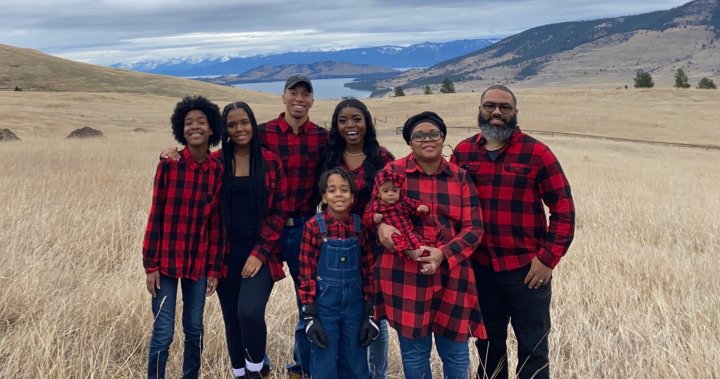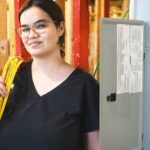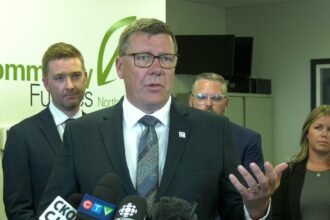In a testament to Alberta’s growing appeal beyond Canadian borders, the Carlson family traded their life in bustling Los Angeles for the snow-swept landscapes of Calgary last winter—a decision that has transformed their outlook on community, opportunity, and what it means to call a place home.
“We weren’t just looking for a change of scenery,” explains Michael Carlson, a software engineer who now works remotely for a California tech firm. “We were searching for a place where our children could thrive in safer surroundings, where housing wouldn’t consume our entire income, and where we could build a sustainable future.”
The Carlsons represent a growing demographic of Americans reassessing their priorities and casting their gaze northward to Canada. Statistics Canada reported a 15% increase in American immigration to Alberta specifically over the past two years, with professionals in technology, healthcare, and education leading the charge.
Alberta’s Economic Development Minister has highlighted this trend as evidence of the province’s strengthening international reputation. “We’re seeing talented professionals recognizing what Albertans have always known—our combination of economic opportunity, natural beauty, and quality of life is increasingly rare in today’s world,” the Minister stated at a recent business forum.
For Sarah Carlson, a pediatric nurse who secured a position at a Calgary hospital, the cultural adjustment has been surprisingly smooth. “There’s this perception that Canadians and Americans are vastly different, but we’ve found more similarities than differences. The warmth of our neighbors during that first brutal winter convinced us we’d made the right choice.”
The family’s integration hasn’t been without challenges. Their two children, ages 8 and 11, initially struggled with adapting to a new school system and the loss of familiar friends. However, community-based programs and local sports leagues quickly provided new social circles.
Housing affordability played a central role in the Carlsons’ decision. While Calgary’s real estate market has seen steady growth, it remains significantly more accessible than comparable U.S. coastal cities. The family purchased a four-bedroom home in a family-friendly neighborhood for roughly 60% of what their smaller Los Angeles property sold for.
“We’ve gained space, peace of mind, and financial breathing room,” Michael notes. “And contrary to what many Americans believe, the healthcare system has been remarkably efficient for our family’s needs.”
Alberta’s economic diversification beyond traditional energy sectors has created fertile ground for newcomers with specialized skills. The province’s investment in technology innovation hubs has particularly benefited professionals like Michael who bring Silicon Valley experience to growing Canadian enterprises.
Immigration experts caution that the cross-border transition involves significant planning. “American families often underestimate the paperwork and preparation involved,” explains Nadia Morales, an immigration consultant based in Edmonton. “From work permits to healthcare registration, navigating two different systems requires patience and professional guidance.”
Political analysts suggest this migration pattern reflects broader societal shifts rather than temporary reactions to specific news events. “We’re witnessing a reevaluation of priorities across North America,” notes Dr. James Hendricks, professor of political science at the University of Calgary. “Families are increasingly willing to relocate internationally in pursuit of better work-life balance, affordable housing, and social stability.”
For the Carlsons, the move represents more than just relocation—it embodies a fundamental shift in values. They’ve traded hour-long commutes for family dinners, high housing costs for financial security, and urban stress for community connection.
As winter transforms into spring across Alberta, the Carlson family finds themselves settling into rhythms that would have seemed foreign just a year ago—weekend hikes in the nearby mountains, community hockey games, and neighborly gatherings that span cultural backgrounds.
“We didn’t just change our address,” Sarah reflects, gazing at the distant Rocky Mountain skyline from their backyard. “We changed our perspective on what matters.”
As borders become increasingly permeable for skilled professionals, will Alberta’s growing appeal to international transplants reshape the cultural and economic landscape of Western Canada?


















